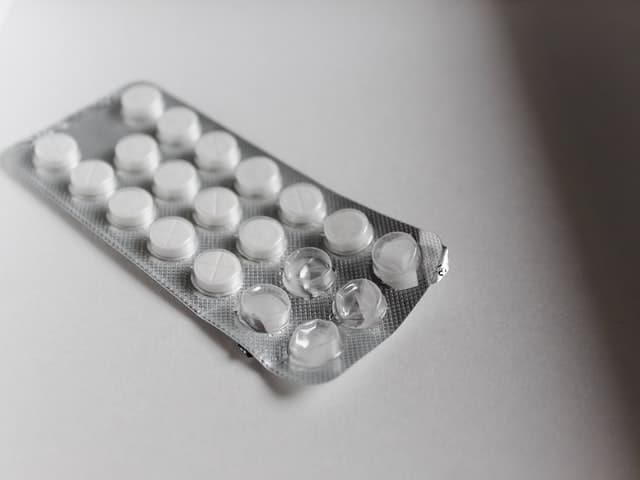FDA Pushes for the Withdrawal Zantac from the U.S. Market Due to NDMA, Cancer Risks
April 2, 2020
Stop Taking & Selling Ranitidine Drugs, Urges the FDA
Zantac and all generic ranitidine products should be pulled off the market immediately—and people should stop using these popular antacids—the U.S. Food and Drug Administration (FDA) announced on April 1, 2020.
This applies to all generic and brand name versions of the drug, as well as over-the-counter (OTC) and prescription formulations.
Marking the latest move in a 6-month FDA investigation, this announcement comes on the heels of new findings related to the contamination of some lots of ranitidine. The contaminated drugs, which contain an impurity known as N-Nitrosodimethylamine (NDMA), may expose people to risky levels of NDMA. According to the World Health Organization (WHO), “NDMA is a potent carcinogen… [it] has been classified by IARC as probably carcinogenic to humans.”
With this announcement, the FDA has put an end to the sale and availability of Zantac and other ranitidine products in the U.S.
NDMA Levels in Zantac & Ranitidine Drugs Can Increase Over Time, FDA Finds
While NDMA is “probably carcinogenic to humans,” people are commonly exposed to it at low levels through some meats, vegetables, dairy products, and water. Experts don’t believe that increases cancer risks, as the FDA has pointed out. Higher levels of NDMA exposure sustained over time, however, “may increase the risk of cancer.”
In September 2019, the FDA announced that it was aware of low levels of NDMA contamination in some ranitidine products. At that time, the agency also said it was going to conduct an ongoing investigation into the matter and any potential health risks.
After more than six months of investigation, testing, and analysis, in April 2020, the FDA reported finding that:
- NDMA levels in ranitidine products can increase under normal storage conditions.
- At higher temperatures, NDMA levels in ranitidine samples have been found to increase significantly. This includes temperatures “the product may be exposed to during distribution and handling by consumers.”
- Older ranitidine products tend to have higher levels of NDMA.
- The elevated levels of NDMA can push concentrations above the acceptable daily intake limits.
These findings have highlighted new risks for Zantac and ranitidine users, prompting the FDA to urge manufacturers to pull all of these antacids off the market. While Walmart, Walgreens, and other major retailers pulled ranitidine products off their shelves back in September 2019, now, all retailers and pharmacies in the U.S. will have to do the same.
If You Take Zantac or Ranitidine…
Here’s what you should do, according to the FDA:
- Stop taking any OTC tablets or liquid you may have.
- Properly dispose of your remaining ranitidine drugs, using these FDA drug disposal guidelines.
- Do not purchase any more ranitidine products.
- If you use an OTC ranitidine, find another approved OTC antacid for your heartburn or acid reflux treatment.
- If you use a prescription ranitidine drug, talk to your doctor about other, safer treatment options before you stop taking your prescription.
FDA Statement on Removing Zantac & Ranitidine Products from the U.S. Market
Commenting on this FDA Zantac announcement, Janet Woodcock, M.D., director of the FDA’s Center for Drug Evaluation and Research, explained:
The FDA is committed to ensuring that the medicines Americans take are safe and effective. We make every effort to investigate potential health risks and provide our recommendations to the public based on the best available science. We didn’t observe unacceptable levels of NDMA in many of the samples that we tested. However, since we don’t know how or for how long the product might have been stored, we decided that [ranitidine products] should not be available to consumers and patients unless [their] quality can be assured… The FDA will continue our efforts to ensure impurities in other drugs do not exceed acceptable limits so that patients can continue taking medicines without concern.
